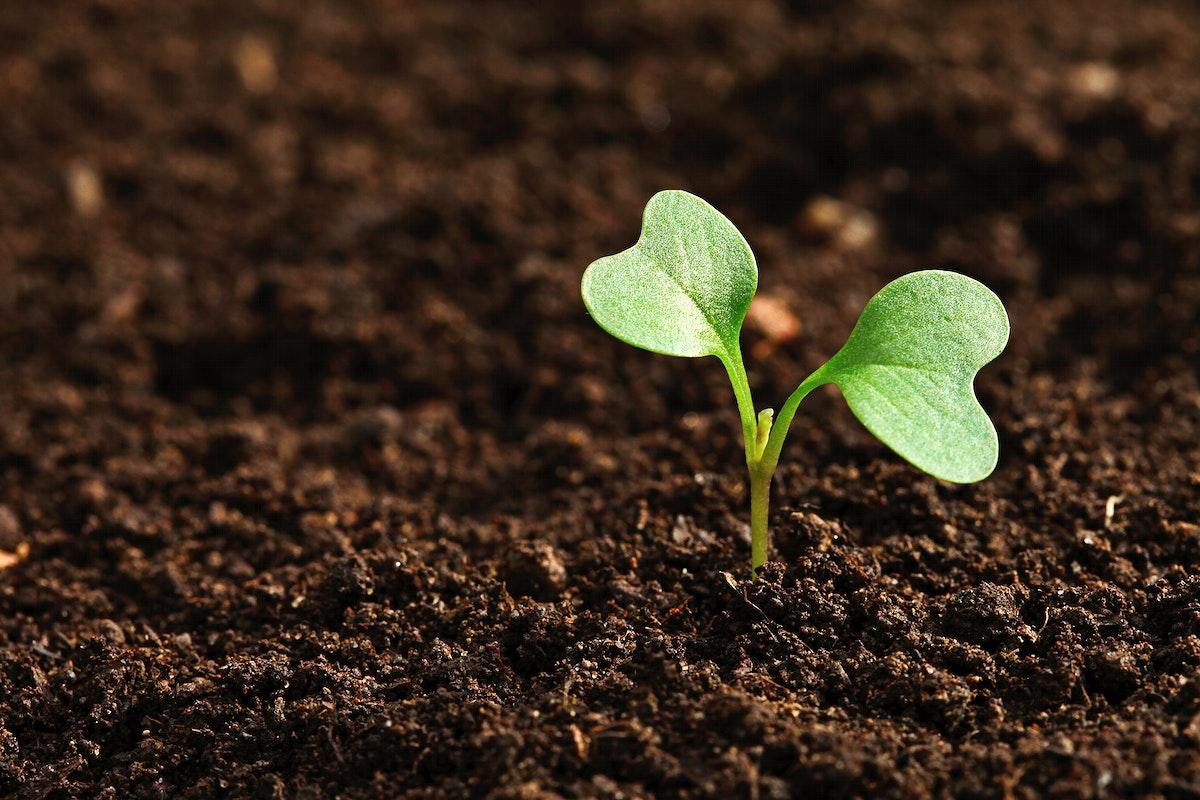
“A Whole New World” (Soil Exploration Unit) Part 3: Compost Community
by Lisa Moberg
Teachers don't talk trash, they talk COMPOST!! Compost is the best way to teach students the value of community as they create a Classroom Compost Program. In this 3-day introductory lesson, students will create a Compost Recipe and Compost Poster. It will conclude with month-long Classroom Composting Project. This lesson will not just reinforce the value of teamwork and community, it will facilitate academic conversations and writing skills. The lesson concludes with a hands-on evaluation of the composting program, emphasizing life science skills and concepts as students dig into their whole new world of compost.
Lesson Plan Link/URL
https://docs.google.com/presentation/d/1MvFqb1IA9MuWmn02xmOeVNgZZkFqGN9w/edit?u…Subject Area
Science Life Science L1: Cells L2: Organisms & Energy Technology 2. Digital Citizen Mathematics Measurement and Data (MD) English Language Arts (ELA) Reading (Literature) Reading (Informational Text) Writing Speaking & Listening
Featured
Off
Related Content

Grades:
5th Grade
This is the part one of the composting lesson that is aligned to the ELA standards of narrative reading and writing. In this lesson, students build their experiences by preparing the bucket composters

Grades:
6th Grade
Students will go through the process of counting pumpkin seeds and analyzing data through mean, median and mode as well as creating correlating graphs. Students will learn what causes fruit

Grades:
3rd Grade
This lesson provides the students an opportunity to learn hands-on. They work as a worm biologist or Annelidologist, observing how the external features of the worm, such as its segmented body and